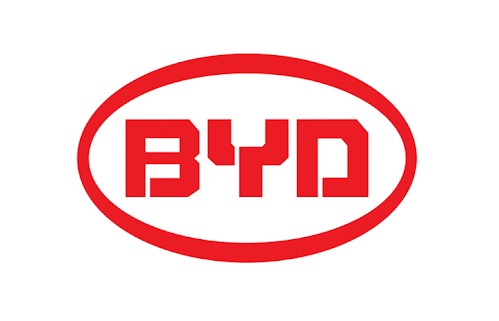
BYD, China’s second largest battery maker, is planning to supply Daimler with its lithium ferrophosphate (LFP) batteries, TheElec has learned.
The batteries will be module-less blade batteries that have higher energy density compared to its counterparts with modules.
CATL has previously used a similar concept cell to pack (CTP) batteries to win orders from Tesla.
Blade batteries can match the energy density of NCM batteries. For example, CATL’s CTP batteries have pack to cell ratio of 0.8.
This increases the average traveling distance per charge of electric vehicles by 100km. LFP batteries will be able to support 300km travel distances for an EV __ level that to a 2nd generation EV that uses NCM batteries instead.
Conventional LFP batteries have lower energy density and are heavier than their NCM counterparts but are more stable and have faster charging time. They also don’t use cobalt.
The more automobile companies adopt LFP for their EV models, the less chance there is for them to use NCM batteries that are the main focus of South Korean battery makers.
Though LFP batteries are aimed at mostly at the Chinese market, it is the fastest growing car market in the world and hard to ignore for battery makers.
LG Chem was the world’s largest battery maker from January to July thanks to Tesla’s Model 3 aimed at the Chinese market.
BYD, besides Daimler, is also preparing to supply batteries to Ford. In April, it has formed joint venture with Toyota focused on researching batteries for next generation EV models. It has built its third factory in South America in Brazil recently.
According to Wood Mackenzie, LFP accounted for 10% of total batteries in 2015 but this will rise to 30% in 2030.

